Ecosystem news July-August 2025
- Global: OpenAI has launched ChatGPT-5, which includes features like faster responses based on more up-to-date information, rapid app development, better answers to medical questions, and more. Reactions to the launch included some who pointed out a series of bugs and others who claimed it wasn’t a breakthrough like previous models, suggesting the pace of AI advancement is starting to show signs of slowing down.
- Local: The Nagel Committee recommends investing 25 billion NIS in local AI efforts over five years: establishing an AI department in the Prime Minister’s Office (the reason the committee was convened), and significantly improving Israel’s computing and data infrastructure, among other things. This is the third government report on artificial intelligence, after the conclusions from two previous reports were not fully adopted. The Nagel Committee adopted a tone of urgency and warned that quick action is needed.
- Local: Israeli company Tavily announced it has raised $25 million to build a search engine for AI models. And it’s not the only Israeli company: Bright Data also wants to compete with the big players with a search tool called DeepLookup, which is designed not just to display results but to perform actual data analysis and segmentation.
- Global: Are we in an AI bubble? An analysis by Apollo’s chief economist indicates that the top 10 companies in the S&P 500 today are more overvalued than they were before the dot-com bubble. This means the gap between their price-to-earnings ratios and those of the other companies in the index is higher than it was 25 years ago. It’s a point to consider.
- Global: OpenAI announced it will add an option for purchases through the chat and will collect fees on every transaction that takes place. This represents a significant profit potential for the company. Reports indicate that OpenAI already has 700 million weekly users and is expecting $12 billion in annual revenue. Sam Altman’s company is not yet profitable and is not expected to become so before 2029.
- Local: A new survey by the Central Bureau of Statistics shows that almost a third of companies in Israel are already making routine use of AI tools. However, the gaps between the tech sector and other industries should be a warning sign and present an opportunity for government intervention.
- Global: Microsoft announced a round of layoffs. CEO Satya Nadella sent a letter to employees detailing the reasons for the layoffs (a change in focus and adjustments in several departments, despite excellent growth numbers), but also dedicated time to discuss the company’s future in the age of AI. Nadella declared that the company will examine every part of its platform through the lens of artificial intelligence: “Aligning our product and platform to the AI wave is our North Star.”
- Global: Trump signed an executive order outlining an action plan in the field of artificial intelligence as part of his administration’s strategy, which was titled: “Winning the AI Race: America’s AI Action Plan.” Executive Order 14179 is intended to establish American superiority in the field and to outline a plan of action to achieve this. A central part of the order (and the title chosen by the White House website) is dedicated to the government’s agenda against what they call “woke AI.” It states that LLM tools must be neutral, and further details that the American federal government is committed not to purchase models that sacrifice the truth for the sake of an agenda or ideology.
- Global: Two days after Trump, China also published a global AI plan. The Chinese plan calls for international cooperation in the development and regulation of artificial intelligence and even suggests the establishment of a global cooperation body. Experts who responded to both plans said they represent two opposing approaches: China calls for global cooperation, while Trump’s U.S. takes an isolationist approach and is effectively targeting Chinese progress in the field. If these differences are maintained, it is possible that China will rally other countries around it – even those that might have preferred a different ally in the field.
- Local and Global: The Israeli company NICE, which develops customer relationship management systems (and is traded on NASDAQ and the Tel Aviv Stock Exchange), announced the largest acquisition in its history in order not to miss the AI revolution: Germany’s Cognigy for a value of $955 million. Cognigy developed a platform that allows for the provision of AI agent services in more than 100 languages to replace human service representatives. The stock market reacted positively, and NICE’s share price rose after the acquisition announcement.
- Global: Earnings season has ended, and after most tech giants beat forecasts, a very clear conclusion emerges from the reports: technology companies are going to spend tens of billions collectively on artificial intelligence in the near future.
- Local: Reports suggest that Nvidia and Google are considering investments in Israeli startup Vast Data, which is currently valued at $30 billion. Founded around a decade ago, Vast Data plays a critical role in the AI era by enabling efficient access to unstructured data – an essential resource for training AI models. This capability translates into significant time and infrastructure cost savings, along with improved model accuracy. Recently, Vast Data also launched a joint product with Nvidia that transforms storage infrastructure into a powerful engine for business AI applications.
- Local: The Israeli company Decart raised a $100 million round at a valuation of about $3 billion, just two years after its founding. Decart performs GPU optimization and is also currently developing an advanced model for creating interactive video.

